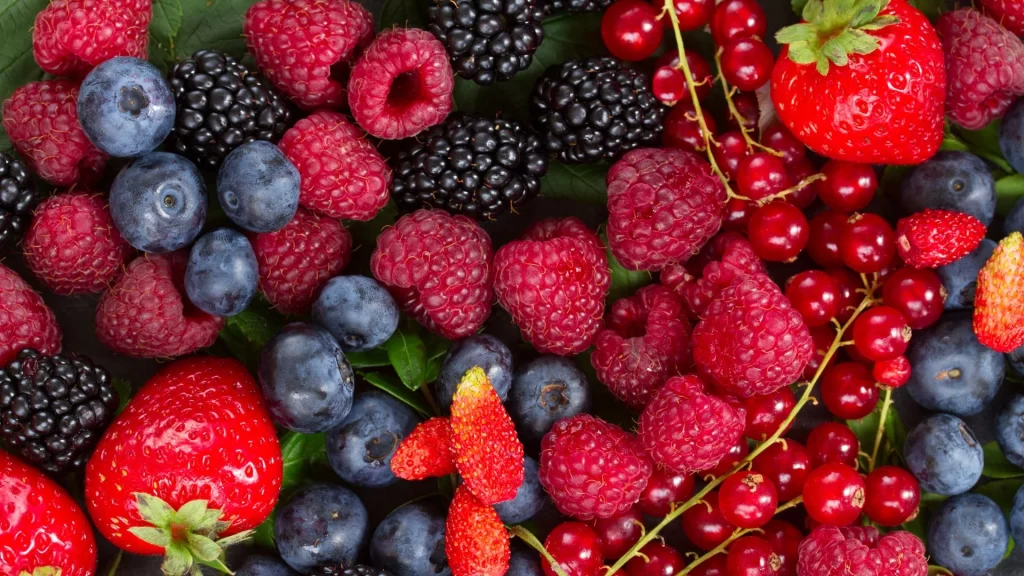Hey there, it’s James Barrett back again.
Yesterday, I caught up with a friend I hadn’t seen in a while, and I couldn’t help but notice how incredible she looked. She’s been on a weight loss diet, and it’s done wonders for her energy, confidence, and overall health.
Naturally, our conversation drifted toward the usual topics—what she’s eating, how she feels, and all the little changes that have added to such a significant transformation.

As we talked, something clicked for me—just like my friend has tailored her diet to achieve such impressive results, what if you could tailor your diet to help manage tinnitus?
If you’re one of the millions who struggle with that constant ringing, buzzing, or hissing in your ears, you know how it can drain your energy, shake your confidence, and impact your overall quality of life. But what if there was a way to fight back, starting with what you eat?
Yes, I’m talking about an anti-tinnitus diet.
In the meantime, what’s your experience with tinnitus and diet? Have you noticed any foods that seem to help or hurt? I’d love to hear your thoughts—drop your reply.
Now, let’s get into it…
The Anti-Tinnitus Diet: Transforming Your Plate, Transforming Your Life
The first thing you need to know is that tinnitus isn’t just an ear problem; it’s often a symptom of broader health issues like inflammation, poor circulation, and nutrient deficiencies. This is why what you eat can have such a profound effect on your symptoms.
1. Zinc and Iron: Vital Nutrients for Ear Health
Zinc and iron are two powerhouse nutrients that play crucial roles in maintaining the health of the auditory system. Studies have shown that low levels of these minerals are associated with an increased risk of tinnitus.
Zinc is essential for protecting the inner ear from oxidative stress and supporting immune function, which can help reduce inflammation—a known trigger for tinnitus. Iron, on the other hand, is vital for proper blood circulation, ensuring that your ears get the oxygen and nutrients they need.
What to Eat:
Zinc-rich foods: Oysters, pumpkin seeds, cashews, chickpeas, and dark chocolate.
Iron-rich foods: Lean red meat, spinach, lentils, quinoa, and fortified cereals.
2. B Vitamins: Nurturing Your Nervous System
B vitamins, especially B12, are crucial for nerve function and overall neurological health. A B12 deficiency has been linked to the onset of tinnitus, particularly in older adults.
By ensuring you get enough of these vitamins, you can support your nervous system and potentially reduce tinnitus symptoms.
What to Eat:
B12-rich foods: Fish (like salmon and tuna), eggs, dairy products, and fortified plant-based milks.
Other B vitamins: Whole grains, beans, leafy greens, and poultry.
3. Anti-Inflammatory Foods: Reducing Inflammation, Reducing Tinnitus
Inflammation is a common contributor to tinnitus, so it’s key to incorporate anti-inflammatory foods into your diet. These foods help reduce oxidative stress and inflammation, which can exacerbate tinnitus.
Think of them as your body’s natural defense against the factors that might make your tinnitus worse.
What to Eat:
Fruits and vegetables: Berries, cherries, spinach, kale, and tomatoes.

Healthy fats: Fatty fish like salmon, nuts, seeds, and olive oil.
Spices: Turmeric and ginger are both known for their potent anti-inflammatory properties.
4. The Dangers of Salt, MSG, and Artificial Sweeteners
While some foods can help, others can definitely hurt. High sodium levels, commonly found in processed foods, can lead to fluid retention, increasing pressure in the inner ear and potentially worsening tinnitus.
Similarly, MSG and artificial sweeteners have been identified as potential triggers for some people.
What to Avoid:
High-sodium foods: Processed meats, canned soups, and salty snacks.
MSG: Common in processed snacks, fast food, and some Asian cuisine.
Artificial sweeteners: Often found in diet sodas, sugar-free gum, and low-calorie snacks.
So, why am I so passionate about sharing this with you? I’m on a mission to help people like you find relief from tinnitus, not just because I know how debilitating it can be but because I believe everyone deserves to live a life free from constant noise.
I’ve spent years researching and connecting with experts, and I’m here to share what I’ve learned about the surprising role of diet in managing tinnitus.
Guess what? I have even more to share, but I’ll save that for next week’s conversation. Specifically, I’ll be diving into a topic that’s sparked a lot of curiosity: Caffeine and tinnitus—is it friend or foe?
Stay tuned for more…





